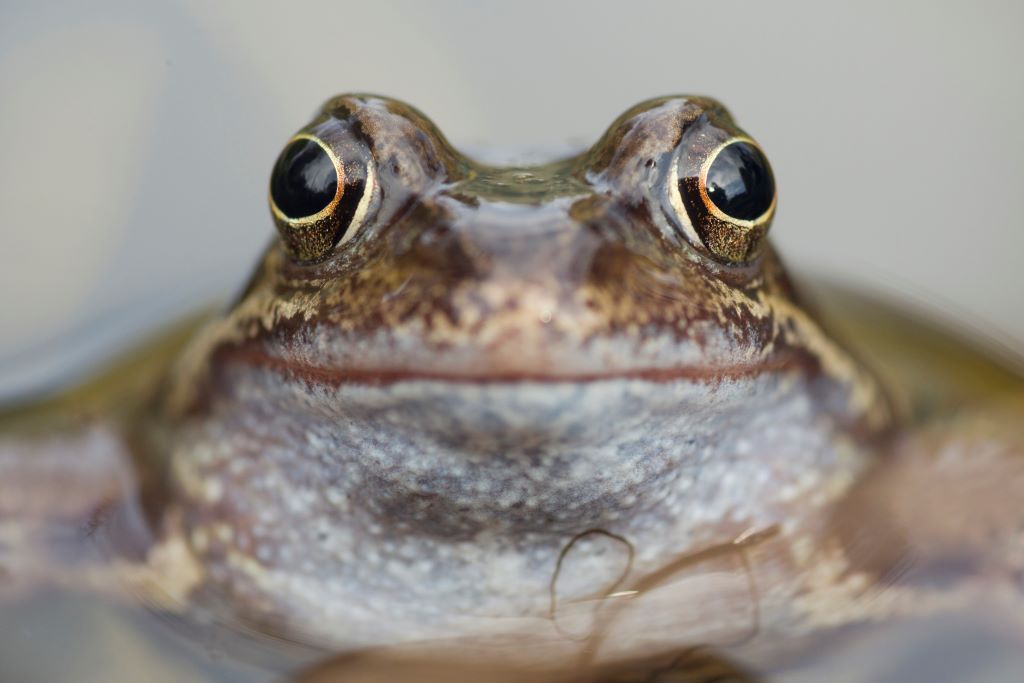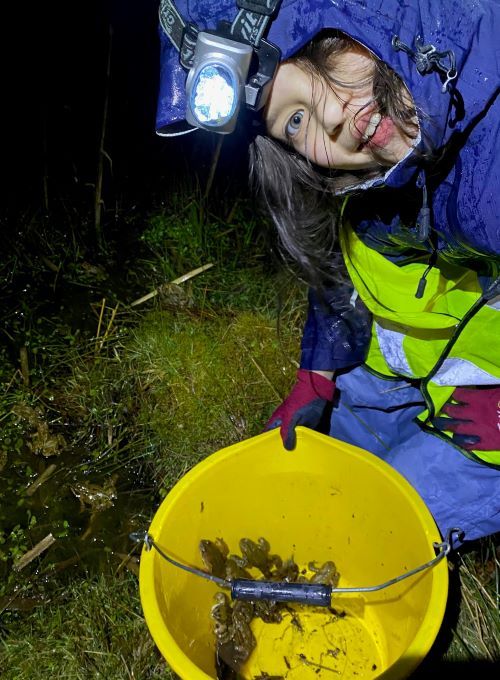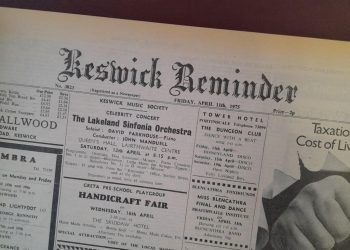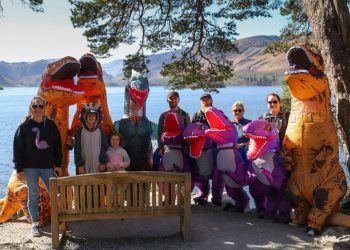
Drivers on the A591 are being asked to watch out and slow down.
The reason? An annual mass migration of hundreds of frogs, toads and newts.
At this time every year, thousands of love-struck amphibians start a journey as long as a kilometre – a long way on little legs.
Moving from their winter hibernation spots to local breeding ponds and lakes, Jodie Mills of the West Cumbria Rivers Trust in Keswick, has a special interest in their survival. Their routes, she says, may have been used for generations and they face peril by crossing busy roads.
They are heading from Castlerigg at Nest Brow, across the A591 and up Castlerigg Lane lonning, to a well-established pond at High Nest on private land.
There are two popular crossings on the A591 outside Keswick, one near Low Nest Farm, heading north out of Keswick, and another near Dodd Wood.
Staff and volunteers at the trust in Skiddaw Street have been lending a helping hand to the wildlife by collecting them in a bucket and carrying them across the road.

On Monday night, the trust had a member of staff and five volunteers out helping, with 43 people signed up as interested in helping out, and more needed.
Ms Mills said: “It’s tragic how many animals are being lost here, and it happens year after year. If it is a wet night please slow down in these areas as many more animals have yet to migrate. Over the next few weeks you may see our staff and budding volunteers out after dark with high-vis jackets and torches, so please do take care!
She added: “It’s an ongoing event for the next few weeks while the toads and frogs are coming out of brumation and migrating to the ponds where they started out their life. They move when its warmer than six degrees celsius and raining – so there were lots on the milder Sunday night, only a few on Monday night and far too cold for them on Tuesday night to go. The next movement will probably be now until Sunday when its wet and milder.”
Volunteers can get involved by emailing jodie@westcumbriariverstrust.org
A ribbiting read – frog, toad and newt facts
- Species helped in the trust’s rescues include common frogs, common toad, smooth newt and palmate newt.
- The amphibians only move when the weather is just right and will wait for nights with mild and wet conditions. When that happens, they move en masse, and hundreds can die each night.
- The palmate newt is named after the black webbing which develops on the male’s back feet during the breeding season – something other newts do not have.
- The common toad is regarded as the gardener’s friend as it eats slugs and snails.
- West Cumbria Rivers’ Trust is supported by volunteers who donate over 3,000 hours of their time. The trust is a registered charity and relies entirely on public donations, grants and fund-raising to carry out its work. Independent, it works closely with partners such as the Environment Agency, Natural England, and charitable and environmental organisations. See www.westcumbriariverstrust.org to see how you can get involved.








